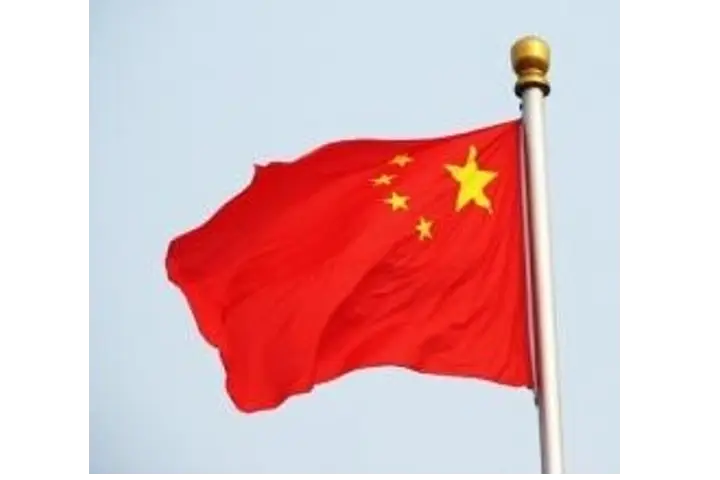

Representative Image
Hundreds of Tibetans have flocked to social media to urge the Chinese government to reinstate Tibetan language education in schools, following Beijing’s release of a white paper asserting that Tibetan language rights are guaranteed in the region, according to a report by Radio Free Asia (RFA).
In the report from March 28 discussing human rights in Tibet, China declared that Tibetan is frequently used in government documents, public announcements, media, and educational institutions, claiming that both Mandarin and Tibetan are taught in primary and secondary schools, according to RFA.
However, Tibetans argue that this statement is inaccurate and that China has deliberately sought to diminish the usage of their language, which they view as part of a broader effort to erase Tibetan cultural identity, as noted by RFA.
In 2020, Mandarin became the main language of instruction in all primary and secondary schools in Tibet, labeled as “bilingual” education; however, in practice, Mandarin was predominantly used, as highlighted by RFA.
In 2023, China introduced a Mandarin-only policy for students taking the annual college entrance examination, placing many ethnic minorities, including Tibetan children who had previously been able to take the test in their native language, at a disadvantage, as cited by an RFA report.
Moreover, the title of the white paper, “Human Rights in Xizang in the New Era,” utilized the Beijing-endorsed term “Xizang” to refer to Tibet, further indicating efforts to assimilate Tibetans into Han Chinese culture. According to RFA, access to Tibet for outsiders has been severely limited by China, making it extremely challenging to accurately depict the conditions on the ground.
China’s assertions regarding human rights in Tibet do not align with the actual situation, and Maya Wang, associate China director at Human Rights Watch, urged Beijing to allow unrestricted access for external observers and independent researchers, as quoted by RFA.
“Over the last twenty years, the Chinese government has imposed increasingly tighter controls on Tibetans as part of its larger strategy to enforce the assimilation of minority groups,” she stated. “This heightened level of oppression, long documented by human rights organizations and exile media, starkly contrasts with the Chinese government’s claims about safeguarding human rights in Tibet,” RFA reported.
Israel Defence Forces Spokesperson Brigadier General Effie Defrin on Thursday said that Iran has expressed…
India's Hindustan Aeronautics Limited (HAL) and French engine manufacturer, Safran Aircraft Engines, signed an agreement…
India has emerged as a country with the third-largest growth in power generation capacity globally…
Prime Minister Narendra Modi hailed Indian chess grandmaster Divya Deshmukh for defeating world number one…
The family of detained Baloch leader Mahrang Baloch has accused prison authorities at Quetta's Hudda…
The QS World University 2026 Rankings bring great news for our education sector, as the…